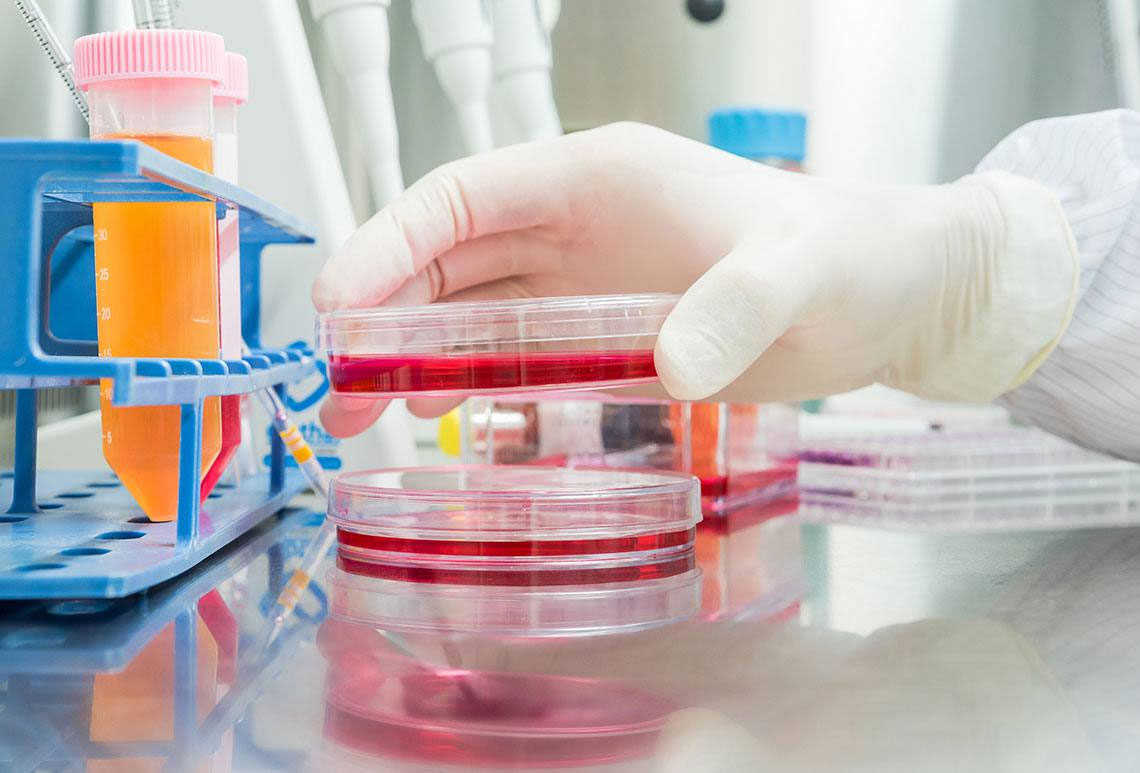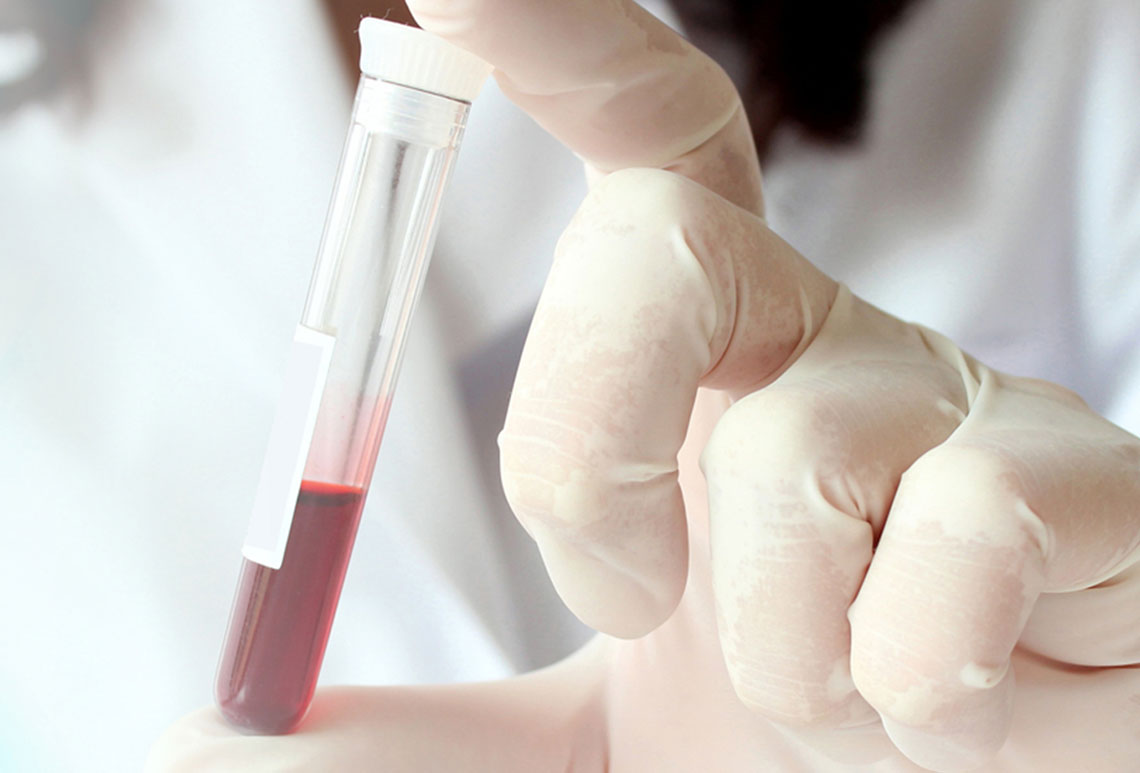-
24/7 available services
-
Clinical microbiology and serology are two closely related fields that play a vital role in the diagnosis and management of infectious diseases.

Clinical microbiology is the study of microorganisms that cause disease in humans. Microbiologists use a variety of techniques to identify these microorganisms, including culturing them in the laboratory, examining them under a microscope, and performing molecular tests. Once a microorganism has been identified, microbiologists can test its susceptibility to different antibiotics and other antifungal or antiviral medications. This information is essential for guiding the treatment of patients with infectious diseases.
Serology is the study of the immune system's response to infection. When a person is infected with a microorganism, their body produces antibodies to fight the infection. Serologists can measure the levels of these antibodies in a person's blood to diagnose an infection, determine if a person has been previously infected with a particular microorganism, or assess their immunity to a specific disease.
Clinical microbiology and serology are both essential for the diagnosis, treatment, and prevention of infectious diseases. They play a critical role in protecting public health and improving patient outcomes.
